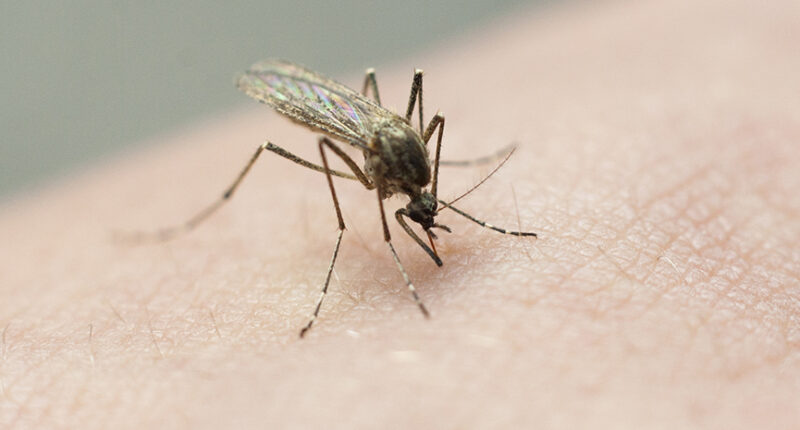Share this @internewscast.com

LIVINGSTON COUNTY, Ill. (WCIA) — The Livingston County Health Department announced that mosquitoes in the area have tested positive for the West Nile Virus. These are the first confirmed cases of the virus in the county this year.
The Environmental Health Division of the health department reported on Monday morning that the infected mosquito samples were taken from areas near Odell. This announcement follows a report from the Vermilion County Health Department, which revealed on Friday that three mosquito samples in their county also tested positive for West Nile Virus.
To avoid getting sick, the health department provided several recommendations from the Illinois Department of Public Health. This includes:
- Avoiding being outside when mosquitos are most active
- Wearing pants and long sleeves if you’re outside when mosquitoes are active
- Using bug repellent
- Reporting standing water to local governments
Statewide in Illinois, there have been 42 cases of West Nile Virus affecting humans, although none have been reported in Central Illinois. For a detailed overview of West Nile Virus activity in Illinois, individuals can refer to the IDPH’s website.











